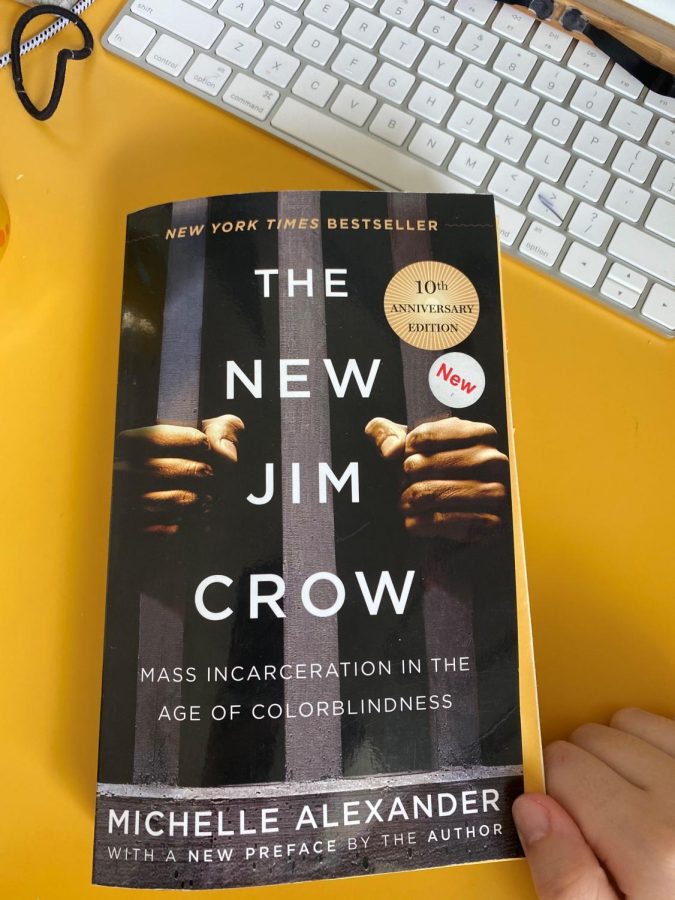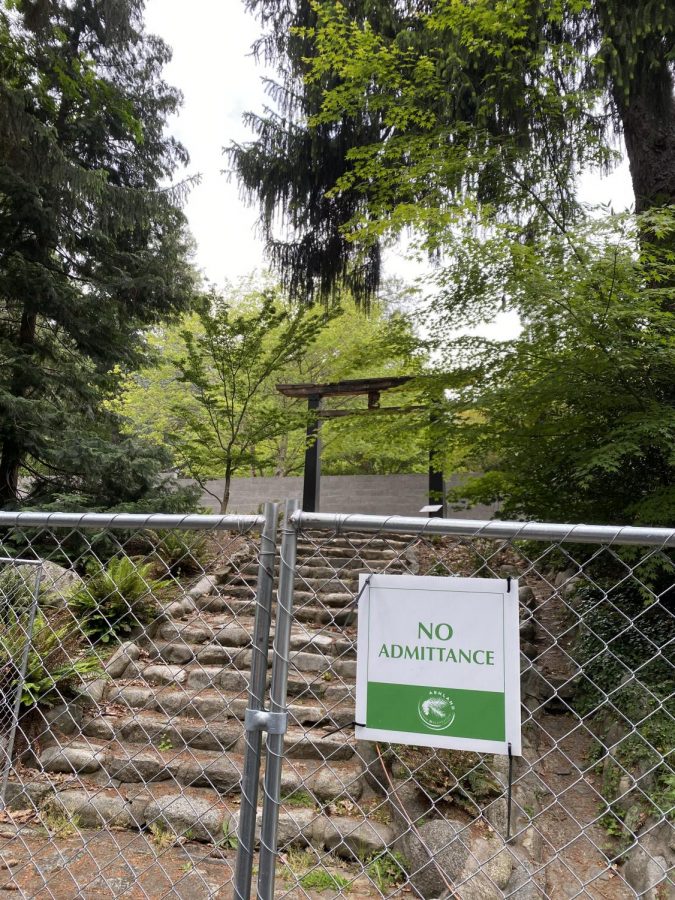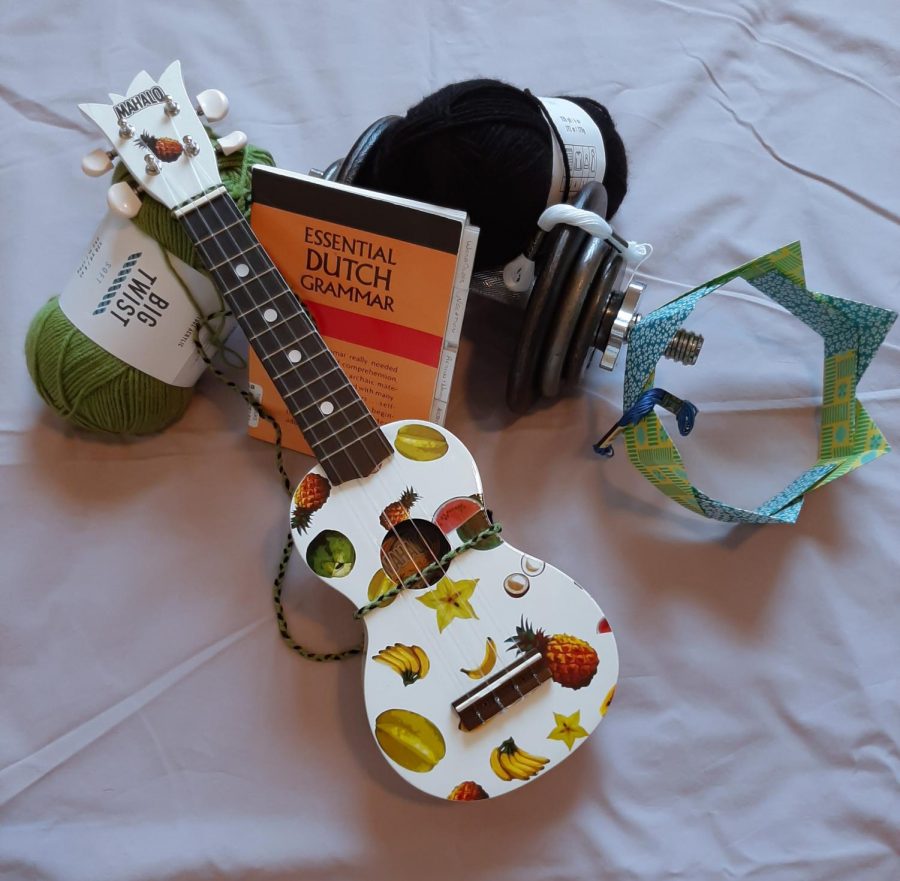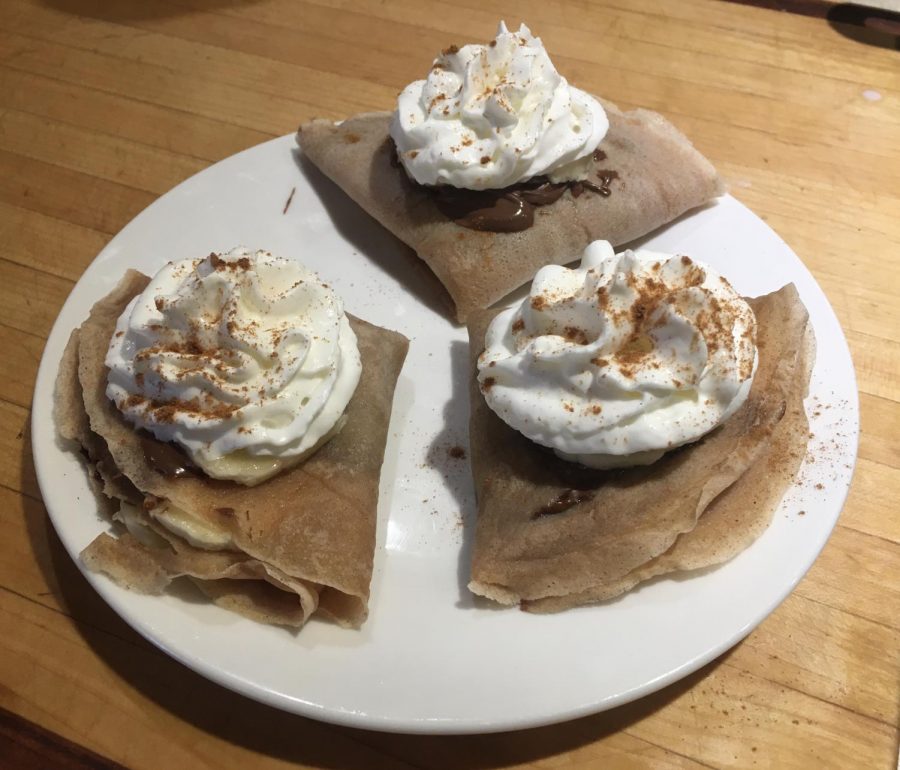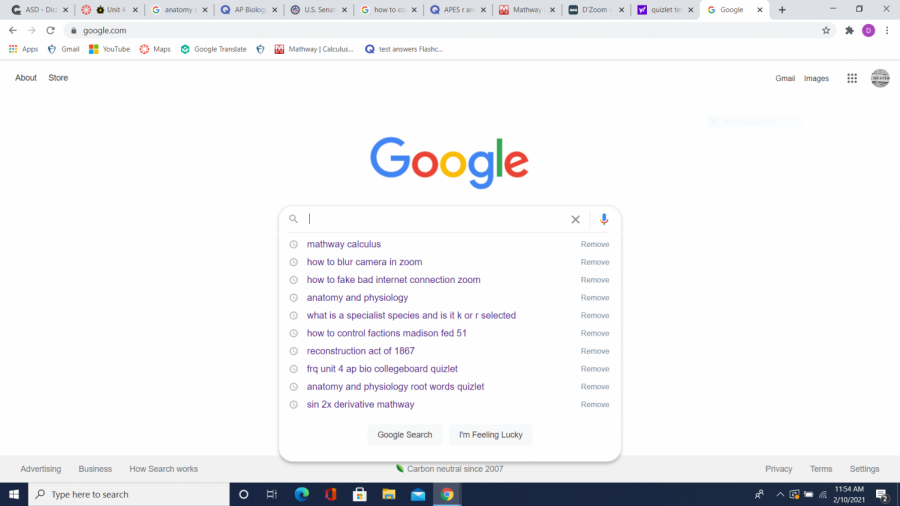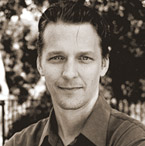
Mark Salzman will be at the Ashland High School Mountain Ave. Theater Thursday, February 3 at 7:30. Admission is 15$ for adults and 12$ for students with valid student I.D’s.
This is the full unedited interview with Mark Salzman.
What book would you recommend for high school students to read?
Iron and Silk would be my choice for a couple reasons. One, it’s about my experiences living in China when I was 22, so it wasn’t that far away from high school. The other reason is, is that it’s made up of short chapters, essays almost.
What books/ authors have inspired you most?
One of my favorite authors of all time has always been E.B. White, who wrote “Charlotte’s Web,” for example, and “Trumpet of the Swan.” People mostly think of him as having written books for kids, but he’s also a terrific essayist. I really admire his clear writing, and he has great ideas put so simply that when you’re reading, you feel it’s effortless. Also, Charlotte’s Web, which I read about every year, and I’ve been reading to my kids, it gets me every time. Even though it seems like it’s for kids, it works for anybody because it’s such a beautifully-designed story. It’s just the right combination of emotion without being sentimental. Generally I admire writers whose works makes me feel I’m falling through the story. Some people like writers whose writing is mysterious, where it’s kind of like a parcel you have to unfold, figure out and solve. That’s their sense of engagement with the story. They’re trying to use their own [knowledge] to open up the story and figure it out and interpret it. For me, generally, I like writing that is so clear because the writer has done all the work of figuring things out. So when I read it, I feel like I’m just living it. I’m not aware that I’m reading a book. So I tend to like simple writing. When I’m writing, I’m constantly rewriting, over and over and over again. What I don’t like is the feeling that there are any words or ideas that don’t really have to be there. Any excess, anything that distracts you, or anything that’s just there for the sake of using more words. I don’t like that, so I’m always trying to remove as much as I can. Someone once said about sculptures, that [sculptures] aren’t about building something, it’s about taking everything – that’s not a real work of art – away. Chipping away until all that’s left is all that absolutely must be there. That’s what I like to feel that my writing should be. My early drafts were very wordy and lengthy and messy; I spent usually years then taking stuff away, like that game where there’s a stack of cards, and everybody has to pull one out and see, how many can you take away without the whole thing collapsing? That’s what writing is like for me.
combination of emotion without being sentimental. Generally I admire writers whose works makes me feel I’m falling through the story. Some people like writers whose writing is mysterious, where it’s kind of like a parcel you have to unfold, figure out and solve. That’s their sense of engagement with the story. They’re trying to use their own [knowledge] to open up the story and figure it out and interpret it. For me, generally, I like writing that is so clear because the writer has done all the work of figuring things out. So when I read it, I feel like I’m just living it. I’m not aware that I’m reading a book. So I tend to like simple writing. When I’m writing, I’m constantly rewriting, over and over and over again. What I don’t like is the feeling that there are any words or ideas that don’t really have to be there. Any excess, anything that distracts you, or anything that’s just there for the sake of using more words. I don’t like that, so I’m always trying to remove as much as I can. Someone once said about sculptures, that [sculptures] aren’t about building something, it’s about taking everything – that’s not a real work of art – away. Chipping away until all that’s left is all that absolutely must be there. That’s what I like to feel that my writing should be. My early drafts were very wordy and lengthy and messy; I spent usually years then taking stuff away, like that game where there’s a stack of cards, and everybody has to pull one out and see, how many can you take away without the whole thing collapsing? That’s what writing is like for me.
How did your interest in writing originate?
Some writers that I know realized early on. That’s what they wanted; they loved reading so much. They were very young and had just read and read and read. My daughter’s like that; there’s nothing she likes better than reading. I wasn’t that way. Getting me to read was a little difficult, maybe because it took me a long time to find books that I really enjoyed… the first time I remember really writing something for my own pleasure, I was writing something that really meant something to me and I really cared how it turned out, I enjoyed it so much and I decided I wanted to do more of it. I kind of stumbled into it without really realizing what I was doing. It’s a nice way to get into something…I felt very relaxed and didn’t feel that I was going to do anything that was going to be judged beyond my little circle of friends.
What advice do you have for aspiring writers?
The only authentic advice that I can give and really stand on it is the biggest difficulty anyone faces if they want to write it how to handle feeling discouraged. Because when you’re inspired, you have an idea, and you want to write about it, then keeping up the work, it’s not really a problem. The hard thing is, and just about anyone who’s writing steadily, is you reach points where one, you simply run out of ideas; you have dry spells where you just don’t know what to write about, and that’s frustrating. It affects your confidence. It makes you wonder whether, were you kidding yourself? Were you really meant to do this? The other thing is when you go through long stretches where you’re writing a lot but the writing isn’t any good! You just start producing things that people don’t respond to, and it baffles you. It’s confusing; it’s also discouraging. That’s the difficult time. If you can somehow turn off the little radio station in your head, it’s telling you, “You’re wasting your time. This is awful; you’re dumb and you have no talent.” If you could  somehow turn down the volume on that and just be patient in the sense of allowing yourself to wait, you get up again. Just keep picking it up again and again. That’s what being a writer is. Whether you’re published, whether you’re famous, all of that, no one can control that. None of that is up to your control, but the one thing I think that is within your power is whether or not you just keep going. Finding a way to treat yourself gently when things aren’t going well, and not punish yourself, that – to me – is the secret. If you’re not gentle with yourself and you punish yourself for not writing well enough, fast enough, brilliantly enough, originally enough, all that stuff, you’re going to wear yourself out. All of the energy you need to write is going to be channeled into self-imposed punishment. It’s a habit that’s not something easy to solve. Still, at age 51, I would say it’s my main challenge. If you can just keep up with it, then you’re a writer!
somehow turn down the volume on that and just be patient in the sense of allowing yourself to wait, you get up again. Just keep picking it up again and again. That’s what being a writer is. Whether you’re published, whether you’re famous, all of that, no one can control that. None of that is up to your control, but the one thing I think that is within your power is whether or not you just keep going. Finding a way to treat yourself gently when things aren’t going well, and not punish yourself, that – to me – is the secret. If you’re not gentle with yourself and you punish yourself for not writing well enough, fast enough, brilliantly enough, originally enough, all that stuff, you’re going to wear yourself out. All of the energy you need to write is going to be channeled into self-imposed punishment. It’s a habit that’s not something easy to solve. Still, at age 51, I would say it’s my main challenge. If you can just keep up with it, then you’re a writer!
What makes you most proud?
(Referring to “True Notebooks”) The people who read that book, who are very much like the kids I taught, or the family members of the kids I taught…in fact, there was a feel that their stories were human stories…it probably felt like a really big relief to them. For people who had had very little relief, I think it’s a very nice thing. It makes me happy to think about.
If you would be a character from a movie, who would you be?
Mr. Miyagi! When a boy moves from New Jersey and gets picked on, he meets his neighbor, this Japanese handyman who makes bonsai trees in his free time. He just seems totally boring and not a very interesting character, but he’s a real master of karate. In my heart of hearts, all along, there’s been a part of me that’s been in search of a deep calm – a confidence of feeling completely home in the world, no matter how the world is. Even though it’s only a fantasy, I love the idea of the characters in movies and books who are that way. They’re fictional, but nevertheless they inspire me.
Have you had any interesting or memorable encounters with fans?
I was once giving a reading during a blizzard in Cleveland, and I was reading to just two guys who were carrying these big suitcases with them. They were sitting in the front row and I was reading from my book The Soloist, about a cellist who become really frustrated and fails, and he can’t play anymore. These two guys who were sitting in the front row, I was giving this reading just for them, and I could see that they were impatient, looking at their watches, and I was thinking, “I’m doing this for you! You’re looking at your watch!?” So I wrap up and they jump out of their chairs and say, “Mr. Salzman, we’re not really readers. We read about your reading in the paper and we decided to come here because we are herbal medicine sellers. We have medicines that can help your problem! We’d be happy to show them to you.” I said, “This is a novel! It’s not really me!” And one guy turns to the other and says, “I told you that’s what fiction was!”




